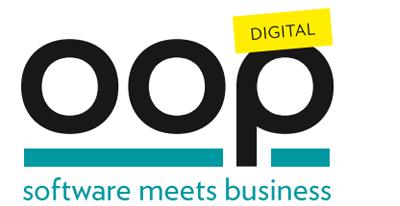Please note:
On this page you will only see the English-language presentations of the conference. You can find all conference sessions, including the German speaking ones, here.
The times given in the conference program of OOP 2023 Digital correspond to Central European Time (CET).
By clicking on "VORTRAG MERKEN" within the lecture descriptions you can arrange your own schedule. You can view your schedule at any time using the icon in the upper right corner.
Track: Full Day Tutorial
- Montag
06.02.
Do you like some of what you find in the common scaling frameworks but don't buy-in to everything? Then, go to the essence!
This session will present and share a set of principles for scaling, which you can use to roll-your-own approach or properly contextualise the usage of an existing framework such as LeSS, Scrum@Scale or Nexus.
Unlike other scaling approaches, these guidelines are non-prescriptive and recognise the value of elements in many scaling frameworks.
Target Audience: Managers,…
This highly interactive workshop is all about software architecture - with Spring Boot, the Java microservice framework. Using an example application, we will discuss and try out the following topics in code:
- REST API design
- Hexagonal architecture
- Bean validation
- Single sign-on with Keycloak
- Role-based security
- Optimistic locking with ETags
- OWASP dependency check
- Structured JSON Logging
- Error handling
- Integration tests with Cucumber
- Architecture tests with ArchUnit
- Local deployment…

